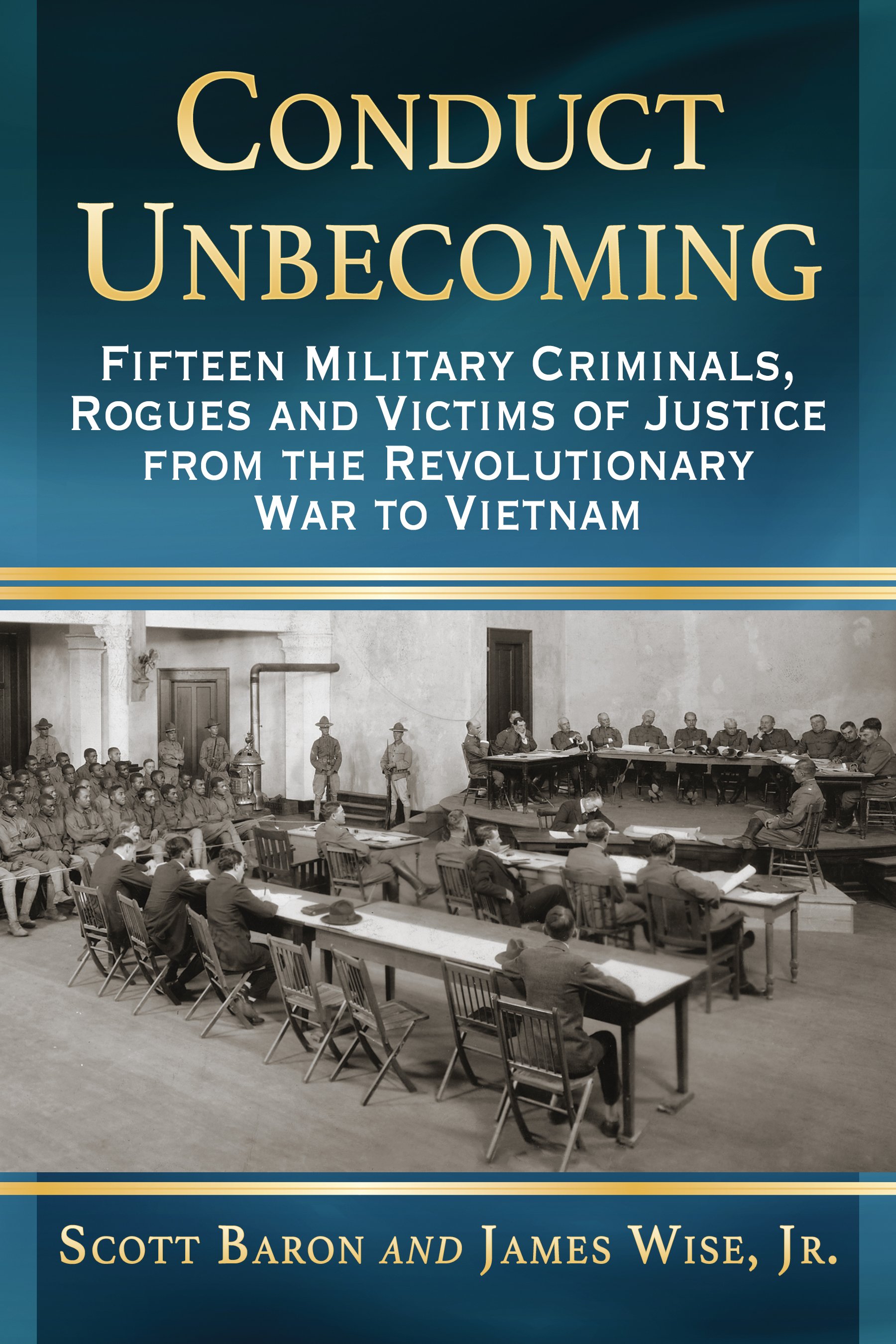Conduct Unbecoming
Men and women who serve in the armed forces are subject to a different legal code than those they protect. Throughout American history, some have--through action or failure to act or by circumstances--found themselves facing prosecution by the United...
Read more
Men and women who serve in the armed forces are subject to a different legal code than those they protect. Throughout American history, some have--through action or failure to act or by circumstances--found themselves facing prosecution by the United States military. One measure of a nation's sense of justice is how it treats those who surrender some of their rights to defend the rights of fellow citizens. Beginning with the first court-martial (predating the nation itself) and continuing to the recent wars in Iraq and Afghanistan and the War on Terror, this book examines the proceedings of 15 courts-martial that raised such important legal questions as: When does advocacy become treason? Who bears ultimate responsibility when troops act illegally? What are the limits in protesting injustice? The defendants include such familiar names as Paul Revere and William Calley. The authors examine such overlooked cases as the Somers Mutiny, the trial of the San Patricios and the Port Chicago Mutiny. These trials demonstrate that guaranteeing military justice--especially in the midst of armed conflict--is both a challenge and a necessity in a free society.
Less
